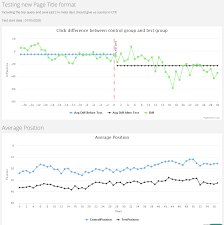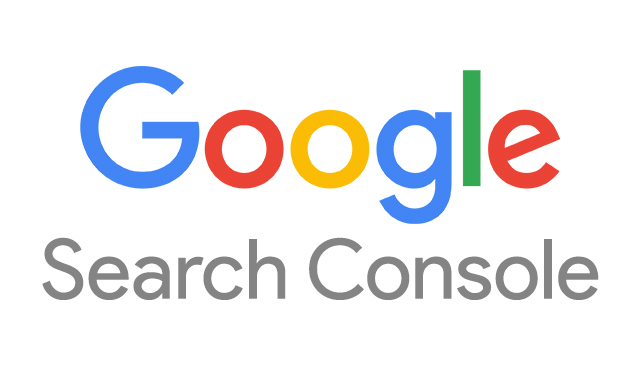
It is imperative that your website be found on search engines, as ecommerce continues to grow in popularity. In fact, 75% search traffic comes from the first page of Google results. It is difficult to compete with huge sites. They have domain authority and reputation as well content that is highly ranked. SEO investments can help build authority and identify the best keywords to drive traffic and increase sales.
Keyword research
Search engine optimization can be used for any type of website, but it is particularly crucial for ecommerce websites, as the revenue generated from online sales is directly correlated to search volume. In addition, people often use search engines to find products and services they need. This means that if your site ranks in the top 10 positions for a relevant search term, it will receive a steady stream customers.
Image optimization
One of the most effective SEO strategies for ecommerce sites includes the optimization of images. This will allow your ecommerce store to be successful and remain ahead of the competition. Failure to optimize images can result in lost sales opportunities and reduced traffic. It is worth the effort. These strategies can help optimize your images. Continue reading to learn more about this strategy. Here are some of these benefits of optimizing images in ecommerce sites.

Usability
It is essential to improve the usability and ranking of an ecommerce website in search engines. Visitors will quickly leave a website that is difficult to navigate or disorganized. Improved navigation on an eCommerce website will increase SEO and user-friendliness. Make it easy to find and navigate your site by using simple navigation and clean URLs. To improve ecommerce SEO and usability, you can also include product reviews.
Site architecture
If you want to succeed in the competitive world of online commerce, you need to employ some SEO strategies for ecommerce sites. This article will discuss five strategies that can help your online store rank higher in search engine results. Make sure that your content matches the keywords used by your target audience. Then, follow these techniques with conversion rate optimization. These strategies are vital in making your website visible in search engines and attracting more customers.
Link building
Link building is an essential part of SEO strategies for ecommerce sites. Link building refers to the cultivation of potential links. If you are searching for a link without Google, it is important to consider whether link A matches link B. A link that adds link equity to an ecommerce site can be followed by search engines. It is called a "dofollow" link. Google will consider linking to your ecommerce website as a paid advertisement.

FAQ
How often do you need SEO?
You don't need to perform regular SEO campaigns if your links are maintained correctly. You could lose business if your links aren't maintained and you rely only on organic traffic.
Small businesses should consider monthly updates to their SEO. A quarterly update may be necessary for larger companies.
Why should I use SEO?
There are many reasons you should use SEO.
First, it increases traffic to your website by ensuring your website is high up in search engine results.
A second benefit is the ability to increase conversions. Users can be sure they find what they want when they type in their search bar.
It helps customers find you online, which increases brand awareness.
Fourth, it enhances user experience by allowing them quick navigation of your website.
It creates trust and credibility among potential customers.
SEO is link building still relevant?
Link building will always be necessary, but how you approach it now is different from how people did it 10 years ago. How businesses find customers and make sales is the biggest challenge they face today. Search engine optimization plays a key role in this.
Nowadays, businesses need to use social media, and content marketing strategies are also very important. It seems that link building is not as effective as it once was because Google penalizes websites with too many links pointing back at them. This is understandable as if you are linking to many sites, it's likely that your site has nothing unique worth looking at.
All these factors mean that link building isn't nearly as valuable for ranking your website as it once was.
How long does it take to see results from PPC Advertising?
Paid search results are more time-consuming than organic search results. This is because there is no natural flow. If someone searches for something they expect to find the most relevant results on the first page. Paid search results will need to convince more people to pay money for advertising on their website.
How Often Should I Update My Site?
Regular updates can help improve your website's rankings. It's not necessary. You may not have to update your content if it's already good.
Statistics
- 64% of marketers actively create SEO campaigns because they help hit multiple key performance indicators (KPIs), including increasing traffic, helping your site rank for relevant keywords, improving your conversion rate, and much more. (semrush.com)
- 93%of online experiences today begin on search engines. (marketinginsidergroup.com)
- A 62.60% organic traffic boost to that page: (backlinko.com)
- Deleting those 10k pages is one of the main reasons that he improved his site's organic traffic by nearly 90%: (backlinko.com)
- These guides are designed and coded 100% from scratch using WordPress. (backlinko.com)
External Links
How To
How do I create my first blog?
It's simple! WordPress is a wonderful tool to help you create a blog. Users can easily edit the appearance of their blogs by adding themes, changing fonts and colors, and customizing the layout. Users can also install plugins to modify certain elements of their websites based on visitor activity.
WordPress.org offers many templates for free and premium templates that are more expensive. Premium templates include extra pages, plugins, advanced security, and more.
Once you have downloaded your template, sign up for a free account at a hosting provider in order to upload your files and to run your blog. Many hosts offer free accounts, but there are often restrictions on how much space you can use, how many domains you can host and how many emails you can send.
You will need separate email addresses if you want to use multiple domain names. This service is offered by some hosts at a monthly charge.
It's easy to wonder why someone would pay to host a blog online, especially if you're just starting out with blogging. The majority of hosts offer unlimited storage so files aren't deleted even if accidentally deleted.
Many hosts permit multiple domain hosting. You can host several sites under one package. You can avoid signing up for multiple email accounts and maintain all your sites through one interface.
Some hosts have social media sharing buttons built into their dashboards. This allows visitors to quickly and easily share content across the internet.
Many hosting providers offer tools that allow you to manage your blog. You can check the performance stats for your site, view how many visitors each article has received, and even compare your traffic to other blogs.
These tools can make it easier to manage your blog faster and easier, so make sure you check them out before you buy a web hosting plan.
To sum up:
-
Choose a topic pertinent to your business.
-
Create engaging content;
-
Optimize your site using SEO techniques;
-
Promote your site using social media channels;
-
Monitor your statistics regularly to make changes where necessary;
-
Keep your blog updated regularly, last but not least.
In summary, you need to create and promote good content and then track its success.